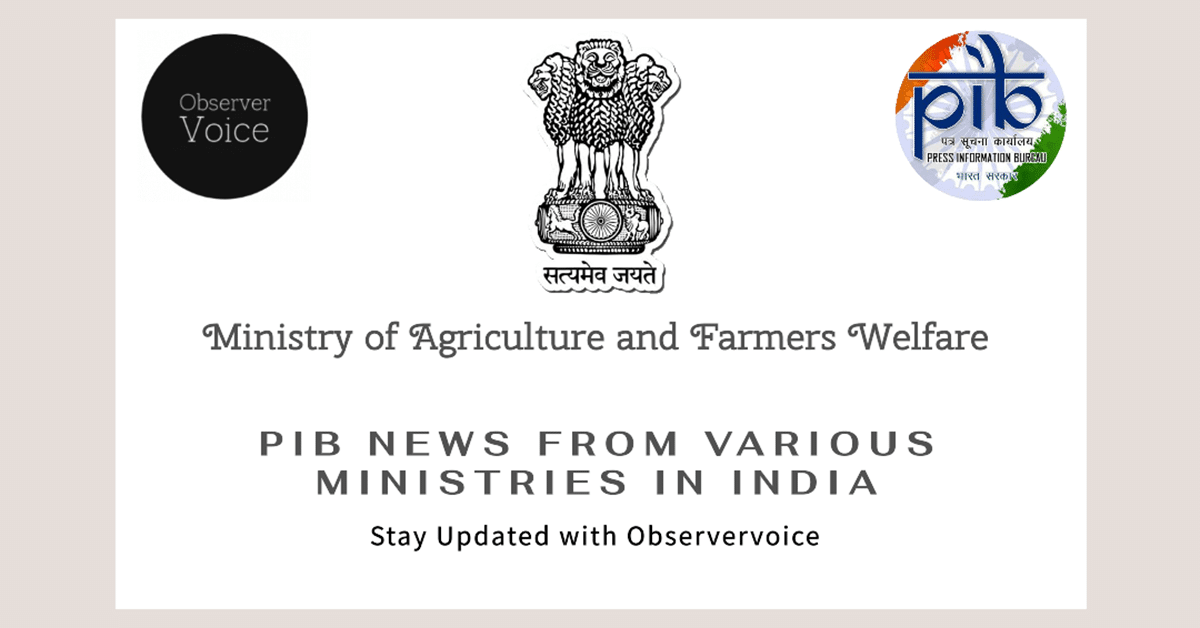Government Initiatives for Climate Resilient Agriculture

Climate change poses a significant threat to agriculture in India, particularly in states like Uttar Pradesh. The government has recognized this challenge and is taking proactive steps to mitigate the adverse effects of global warming on farming. Through various initiatives and programs, the government aims to enhance agricultural resilience and ensure food security. This article explores the key measures being implemented to support farmers in adapting to climate change.
National Action Plan on Climate Change
The National Action Plan on Climate Change (NAPCC) serves as a comprehensive framework for India to address climate change challenges. It outlines strategies to promote ecological sustainability and resilience in various sectors, including agriculture. One of the critical components of NAPCC is the National Mission for Sustainable Agriculture (NMSA). This mission focuses on developing strategies that help farmers adapt to changing climatic conditions.
Under the NMSA, several schemes have been introduced to support farmers. The Per Drop More Crop (PDMC) scheme aims to improve water use efficiency at the farm level. It encourages the adoption of micro-irrigation technologies, such as drip and sprinkler systems. These technologies help farmers use water more efficiently, which is crucial in areas facing water scarcity.
Another important initiative is the Rainfed Area Development program. This program promotes an Integrated Farming System that enhances productivity while minimizing risks associated with climate variability. Additionally, the Soil Health & Fertility scheme assists states in promoting integrated nutrient management. This includes the balanced use of chemical fertilizers, organic manures, and bio-fertilizers to improve soil health and productivity. Together, these initiatives form a robust framework to support farmers in adapting to climate change.
Insurance Schemes for Farmers
To protect farmers from the financial risks associated with crop failure due to climate-related events, the government has introduced several insurance schemes. The Pradhan Mantri Fasal Bima Yojana is one of the flagship programs aimed at providing comprehensive insurance coverage. This scheme offers financial support to farmers who suffer losses due to unforeseen natural calamities.
In addition to this, the Restructured Weather Based Crop Insurance Scheme provides insurance based on weather conditions. This scheme helps farmers manage risks associated with adverse weather patterns, such as droughts or floods. By offering these insurance options, the government aims to provide a safety net for farmers, ensuring they can recover from losses and continue their agricultural activities.
These insurance schemes play a vital role in encouraging farmers to adopt climate-resilient practices. Knowing they have financial protection allows them to invest in better technologies and methods that can withstand climate challenges. This proactive approach not only safeguards farmers’ livelihoods but also contributes to the overall stability of the agricultural sector.
Innovative Projects for Climate Resilience
The Indian Council of Agricultural Research (ICAR) is at the forefront of implementing innovative projects aimed at enhancing climate resilience in agriculture. One such initiative is the National Innovations in Climate Resilient Agriculture (NICRA) project. This flagship project focuses on various climate change mitigation activities across the country.
In Uttar Pradesh, NICRA has targeted clusters of villages in 17 districts, including Baghpat, Bahraich, and Gorakhpur. The project promotes the adoption of climate-resilient technologies. These include the system of rice intensification, aerobic rice cultivation, and zero tillage for wheat sowing. Farmers are also encouraged to grow climate-resilient crop varieties that can withstand extreme weather conditions, such as drought and heat.
Capacity-building programs are also a crucial aspect of NICRA. These programs educate farmers about climate-resilient agricultural practices. By equipping farmers with knowledge and skills, the project aims to empower them to make informed decisions. This approach not only enhances productivity but also fosters a sustainable agricultural ecosystem.
Observer Voice is the one stop site for National, International news, Sports, Editor’s Choice, Art/culture contents, Quotes and much more. We also cover historical contents. Historical contents includes World History, Indian History, and what happened today. The website also covers Entertainment across the India and World.

